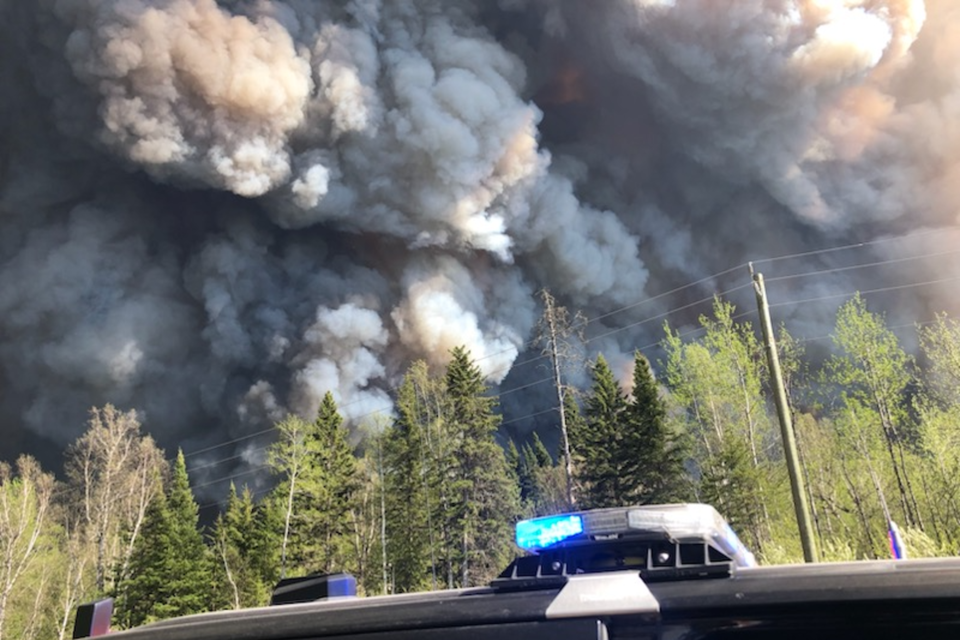A restricted fire zone is now in effect across much of northern Ontario due to the extreme hazard of forest fires.
The Ministry of Natural Resources and Forestry declared the restriction in place of as 12:01 a.m. on June 1.
All burning permits are suspended, and no open air burning, including campfires, is permitted within the boundaries of a restricted fire zone. (Portable gas or propane stoves may be used for cooking and warmth but must be handled with extreme caution, the ministry said.)
The restricted fire zone is in place until further notice, the ministry said.
The restricted zone includes the districts of Sault Ste. Marie/Blind River, Chapleau/Wawa, Sudbury, North Bay, Hearst/Cochrane/Kapuskasing, Timmins/Kirkland Lake, Minden/Parry Sound/Bracebridge, Pembroke, and parts of the Peterborough/Bancroft District.
Meanwhile, a large fire near Wawa has been deemed not yet under control. Wawa 3, which began on May 27, is 5,770 hectares, Aviation, Forest Fire and Emergency Services for the Northeast Fire Region said Wednesday evening.
Wawa 2, which began on May 26, is not yet under control but remains at 105 hectares, the ministry said.
As of early Wednesday evening, there was one new confirmed fire in the Northeast Region. Kirkland Lake 1 is about 0.3 hectare and is being held. The fire is located about 25 km northwest of Kirkland Lake and about 2 km east of Malloch Lake.
For a closer look at fire hazard conditions across Ontario, view this Interactive Map.
To learn more about what is permitted and not permitted in a restricted fire zone, visit Outdoor fire restrictions | ontario.ca
Meanwhile, communities to the north were being warned about poor air quality due to smoke from forest fires.
A special air quality statement was issued by Environment Canada for Manitouwadge, Hornepayne, White River, Dubreuilville, Kapuskasing, Hearst and Smooth Rock Falls.
"Smoke plumes from local forest fires have resulted in deteriorated air quality in the above regions," the statement reads.
"Wildfire smoke can be harmful to everyone’s health even at low concentrations. Continue to take actions to protect your health and reduce exposure to smoke."
People with lung disease (such as asthma) or heart disease, older adults, children, those who are pregnant, and people who work outdoors are at higher risk of experiencing health effects caused by wildfire smoke, the advisory states.
Environment Canada advised keeping doors and windows closed if the temperature allows and using an air purifier. Other suggestions included taking a break from the smoke by temporarily relocating or finding a location in the community with clean, cool air such as a library, shopping mall or community centre.
